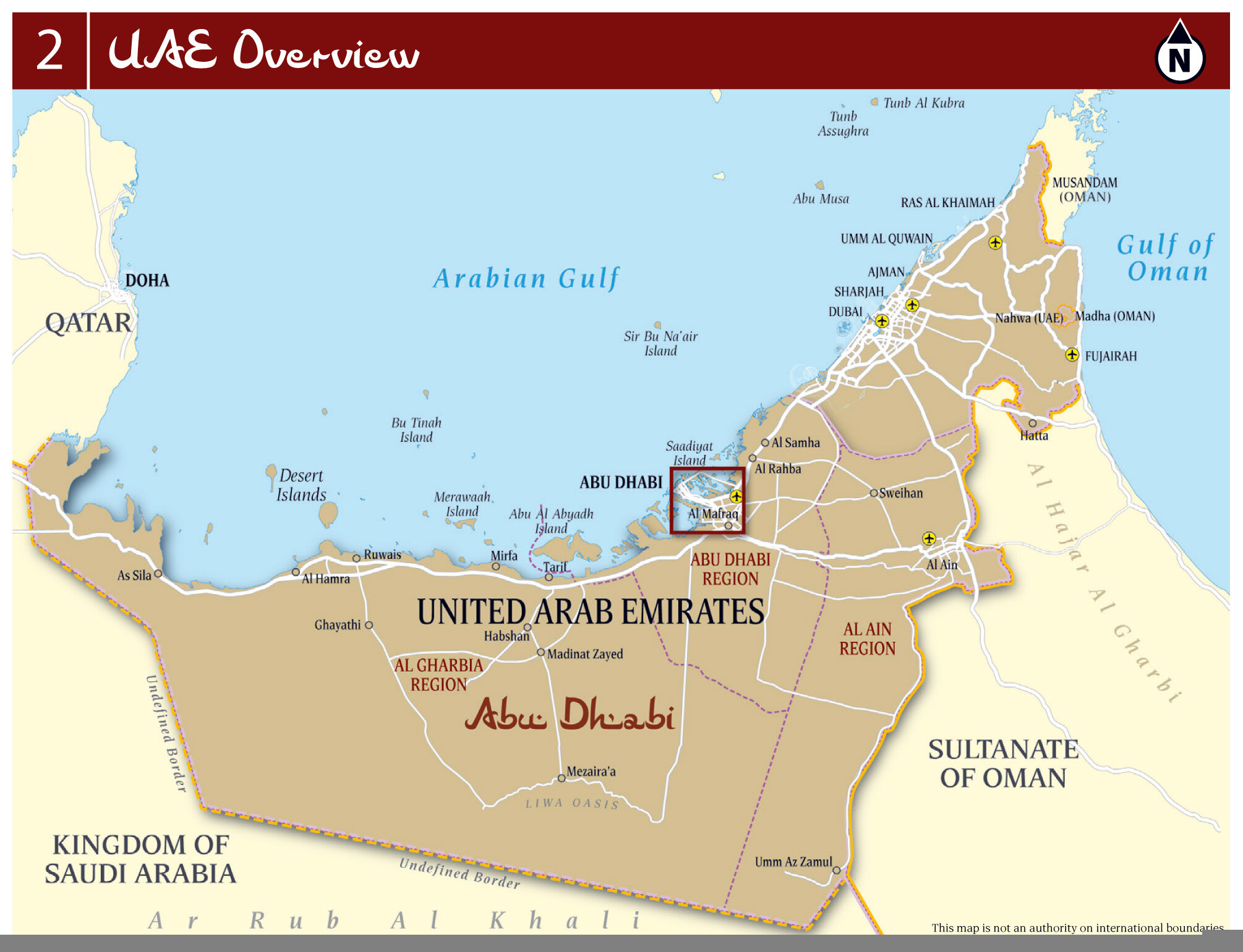Welcome to our guide on Understanding ERP Software in the UAE! In today’s digital age, Enterprise Resource Planning (ERP) systems have become essential tools for businesses looking to streamline their operations and improve efficiency. With the UAE’s rapidly growing economy and diverse business landscape, the adoption of ERP software has become increasingly important for companies looking to stay competitive and enhance their productivity. In this article, we will delve into the world of ERP software, exploring its key features, benefits, and considerations for businesses operating in the UAE.
Why Companies in UAE Choose ERP Software
ERP software has become increasingly popular among companies in the UAE due to the many benefits it offers. One of the main reasons why companies in the UAE are choosing ERP software is because of its ability to streamline processes and improve efficiency. With ERP software, businesses can integrate all their key functions such as finance, HR, sales, and inventory management into one system. This integration allows for better communication and data sharing between departments, leading to a more cohesive and efficient operation.
Another reason why companies in the UAE are opting for ERP software is its ability to provide real-time insights and reporting. ERP systems offer advanced analytics and reporting tools that give businesses valuable insights into their performance and help them make informed decisions. This real-time data allows companies to quickly identify areas for improvement and make necessary adjustments to stay competitive in the fast-paced business environment of the UAE.
Furthermore, ERP software helps companies in the UAE comply with regulations and standards. The UAE has strict regulatory requirements for businesses, and failing to comply with these regulations can result in hefty fines and legal consequences. ERP software helps companies stay compliant by automating processes, tracking regulatory changes, and generating reports that demonstrate compliance. By using ERP software, companies in the UAE can ensure that they are meeting all necessary guidelines and avoiding any potential penalties.
In addition, companies in the UAE choose ERP software for its scalability and flexibility. As businesses in the UAE grow and expand, they need a system that can grow with them and adapt to their changing needs. ERP software is designed to be scalable, allowing companies to add new modules and features as their business evolves. This scalability ensures that businesses can continue to rely on their ERP system as they expand their operations and enter new markets in the UAE and beyond.
Lastly, companies in the UAE choose ERP software for its cost-effectiveness. While implementing an ERP system may require an initial investment, the long-term benefits far outweigh the costs. By streamlining processes, improving efficiency, and providing valuable insights, ERP software helps businesses save time and money in the long run. Additionally, ERP software eliminates the need for multiple systems and software applications, reducing maintenance costs and eliminating the risk of data silos. Ultimately, ERP software allows companies in the UAE to operate more efficiently and effectively, leading to increased productivity and profitability.
Key Features of ERP Software in UAE
When it comes to ERP software in the UAE, there are several key features that set it apart from other systems. One of the most important features is localization, which ensures that the software is tailored to the specific needs of businesses in the UAE. This includes support for Arabic language, compliance with local tax regulations, and integration with local banks and government entities. This localization is crucial for businesses operating in the UAE, as it allows them to easily manage their operations and stay compliant with local laws and regulations.
Another key feature of ERP software in the UAE is cloud-based technology. Cloud-based ERP systems offer several advantages, including lower upfront costs, easier scalability, and seamless integration with other cloud-based services. This allows businesses to access their ERP system from anywhere with an internet connection, making it easier to collaborate with team members and make decisions in real-time. Additionally, cloud-based ERP systems typically offer automatic updates and backups, reducing the risk of data loss and ensuring that businesses always have access to the latest features and capabilities.
Integration with other business systems is also an important feature of ERP software in the UAE. Many businesses in the UAE use a variety of software systems to manage different aspects of their operations, such as accounting, inventory management, and customer relationship management. ERP software that can easily integrate with these systems allows businesses to streamline their processes, reduce errors, and improve efficiency. Integration also enables businesses to have a more comprehensive view of their operations, helping them make better-informed decisions and drive business growth.
Mobile access is another key feature of ERP software in the UAE. With the increasing popularity of mobile devices, businesses need ERP systems that can be accessed from smartphones and tablets. Mobile access allows employees to stay connected to the ERP system while on the go, enabling them to quickly respond to customer inquiries, approve purchase orders, and monitor key performance indicators. This flexibility is essential for businesses in the UAE, where employees often work remotely or travel frequently for business.
Advanced analytics and reporting capabilities are also crucial features of ERP software in the UAE. Businesses need to be able to analyze their data and generate reports in order to make informed decisions and track their performance. ERP systems that offer advanced analytics tools, such as predictive analytics and data visualization, can help businesses identify trends, forecast future outcomes, and optimize their processes. Reporting capabilities allow businesses to create customizable reports that provide insights into various aspects of their operations, helping them identify areas for improvement and measure their success.
In conclusion, ERP software in the UAE offers a wide range of key features that are essential for businesses looking to streamline their operations, improve efficiency, and drive growth. By choosing an ERP system that offers localization, cloud-based technology, integration with other systems, mobile access, and advanced analytics, businesses in the UAE can effectively manage their operations and stay ahead of the competition.
Benefits of Implementing ERP Software in the UAE
Implementing ERP software in the UAE can bring numerous benefits to businesses of all sizes. From streamlining processes to improving decision-making, the advantages of using ERP software are undeniable.
1. Increased Efficiency: One of the key benefits of implementing ERP software in the UAE is the increased efficiency it brings to business operations. With all data stored in a centralized system, employees can easily access information and collaborate with colleagues across departments. This eliminates the need for manual data entry and reduces the risk of errors, ultimately saving time and increasing productivity.
2. Improved Decision-Making: ERP software provides real-time insights into business operations, allowing decision-makers to make informed choices based on accurate data. By having access to up-to-date information on sales, inventory, and finances, businesses in the UAE can make strategic decisions that drive growth and profitability. This improved decision-making process can give companies a competitive edge in the market.
3. Enhanced Customer Service: Another significant benefit of implementing ERP software in the UAE is the ability to provide better customer service. By having a complete view of customer interactions, preferences, and purchase history, businesses can personalize their service to meet individual needs. This level of personalized service can lead to increased customer satisfaction and loyalty, ultimately driving repeat business and referrals.
4. Cost Savings: In addition to increased efficiency and improved decision-making, ERP software can also lead to cost savings for businesses in the UAE. By streamlining processes and eliminating redundant tasks, companies can reduce operational costs and allocate resources more effectively. Additionally, by having a complete view of all financial data, businesses can identify areas of waste and take steps to increase profitability.
5. Compliance and Security: ERP software in the UAE can also help businesses ensure compliance with local regulations and international standards. With built-in security features and access controls, companies can protect sensitive data and reduce the risk of cyber threats. This level of data security is crucial for businesses operating in the UAE, where data protection laws are becoming increasingly stringent.
In conclusion, implementing ERP software in the UAE can bring a wide range of benefits to businesses, from increased efficiency to improved decision-making and enhanced customer service. By taking advantage of these benefits, companies in the UAE can position themselves for growth and success in a competitive market.
Challenges of Implementing ERP Software in UAE
Implementing ERP software in the UAE comes with its own set of challenges that businesses need to be aware of in order to successfully integrate the system into their operations. Here are some of the common challenges that companies may face when implementing ERP software in the UAE:
1. Cultural Differences: The UAE is a diverse country with a large expat population, which can bring about cultural differences in the workplace. Implementing ERP software requires buy-in from all employees, regardless of their cultural background. Companies may need to invest time and resources in training employees on the new system and ensuring that everyone understands its importance.
2. Language Barrier: With a significant portion of the population in the UAE being expatriates, language can be a barrier when implementing ERP software. Companies need to ensure that the system is available in multiple languages to cater to the diverse workforce. Providing training and support in different languages can help overcome this challenge and ensure smooth adoption of the ERP system.
3. Regulatory Compliance: The UAE has strict regulations when it comes to data privacy and security. Companies need to ensure that the ERP software they choose complies with local laws and regulations, especially when it comes to storing sensitive data. Failure to comply with these regulations can result in hefty fines and damage to the company’s reputation.
4. Integration with Existing Systems: One of the biggest challenges companies face when implementing ERP software in the UAE is integrating the new system with existing systems. Many businesses in the UAE already have IT systems in place, and ensuring seamless integration between these systems and the new ERP software can be a complex and time-consuming process.
Companies may need to work closely with their IT team or external consultants to map out the integration process and identify any potential issues that may arise. It is crucial for businesses to have a clear plan in place for integrating the ERP software with existing systems to avoid any disruptions to their operations.
5. Limited IT Infrastructure: Some companies in the UAE may have limited IT infrastructure in place, which can pose a challenge when implementing ERP software. Upgrading the infrastructure to support the new system may require additional investment and resources, which some businesses may not be prepared for.
Despite these challenges, implementing ERP software in the UAE can bring numerous benefits to businesses, such as improved efficiency, streamlined processes, and better decision-making. By being aware of these challenges and taking proactive steps to address them, companies in the UAE can successfully implement ERP software and reap the rewards it offers.
Best Practices for Successful ERP Implementation in the UAE
Implementing an ERP software in the UAE can be a complex process, but by following best practices, organizations can ensure a successful implementation. Here are some key strategies for a seamless ERP implementation in the UAE:
1. Define Clear Objectives
Prior to implementing an ERP system, it is essential for organizations to clearly define their objectives and goals. This includes identifying the specific areas where the ERP software will be used, such as finance, inventory management, or human resources. By defining clear objectives, organizations can ensure that the ERP system aligns with their business needs and requirements.
2. Select the Right ERP System
Choosing the right ERP system is crucial for a successful implementation. Organizations should conduct thorough research and evaluate different ERP solutions to find one that best fits their requirements. It is essential to consider factors such as scalability, customization options, and vendor support when selecting an ERP system.
3. Involve Key Stakeholders
Engaging key stakeholders throughout the ERP implementation process is essential for ensuring buy-in and support. This includes involving employees from different departments, as well as senior management. By involving key stakeholders from the beginning, organizations can address any concerns or challenges early on and ensure a smooth implementation.
4. Provide Adequate Training
Training is crucial for ensuring that employees are able to effectively use the new ERP system. Organizations should provide comprehensive training programs for employees at all levels to ensure a successful implementation. This can include training sessions, workshops, and access to online resources.
5. Monitor Progress and Adapt
Once the ERP system is implemented, it is important for organizations to continuously monitor progress and adapt as needed. This includes regularly reviewing key performance indicators (KPIs) to track the success of the ERP implementation. Organizations should also be prepared to make adjustments to the system as necessary to ensure that it continues to meet their evolving business needs.
By following these best practices, organizations can increase the chances of a successful ERP implementation in the UAE. By defining clear objectives, selecting the right ERP system, involving key stakeholders, providing adequate training, and monitoring progress, organizations can ensure a smooth and successful transition to an ERP system.



